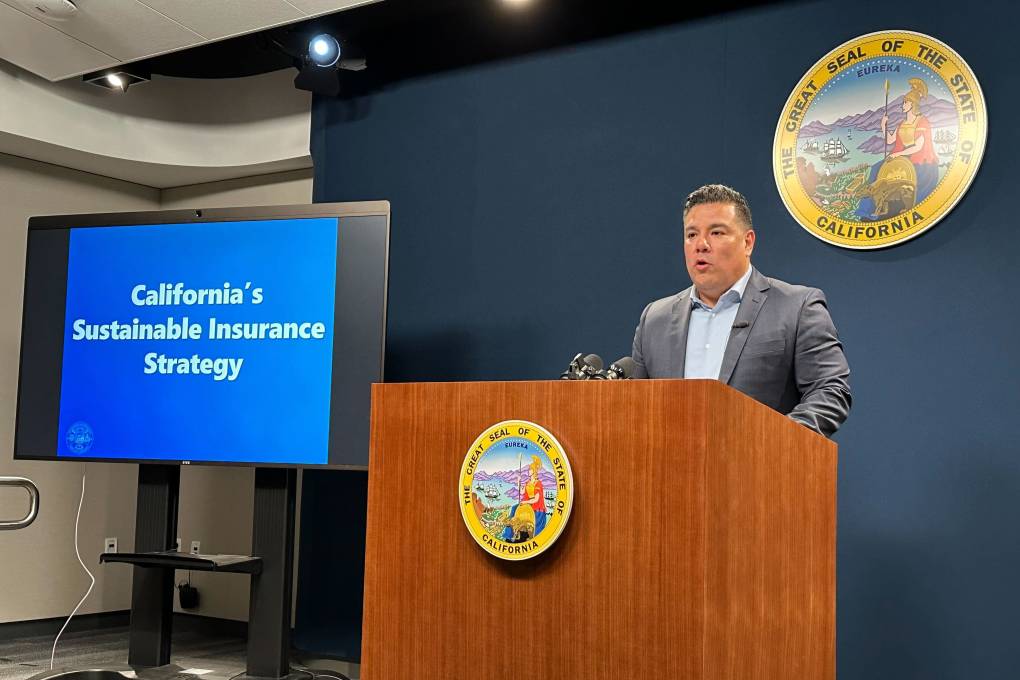Many insurers have responded by pausing or restricting new business in the state. They’ve also opted to not renew insurance coverage for some homeowners.
When homeowners who need insurance can’t get it from private insurance companies, they must purchase policies from the state’s Fair Access to Insurance Requirements (FAIR) Plan. Insurance companies doing business in California must put money into a fund to pay for coverage under the FAIR Plan.
The number of people on the FAIR Plan has nearly doubled in recent years. Both state regulators and insurance companies are worried about this trend. If the fund were to go insolvent, insurance companies would have to cover the cost.
What’s the state’s plan?
Insurance Commissioner Ricardo Lara said he will write new rules that would let insurers consider climate change when setting their rates. He has also pledged to consider rules that would let them look at some of their reinsurance costs.
The rules requiring insurance companies to get permission from the state to raise their rates would not change.
Lara said the state will only let companies use these new rules if they write more policies for people who live in areas threatened by wildfires. He said this means companies must write policies in these areas of no less than 85% of their statewide market share. That means if a company insures 20 out of 100 homes, the company would have to also write 17 policies for homeowners in an area threatened by wildfires.
How will this affect insurance rates?
Some consumer groups, including the California-based Consumer Watchdog, say that allowing insurance companies to consider climate change in their rates will lead to dramatically higher prices for homeowners. They argue that the percentage of homeowners who have been forced into the FAIR Plan is far less than the number who will see higher rates now.

